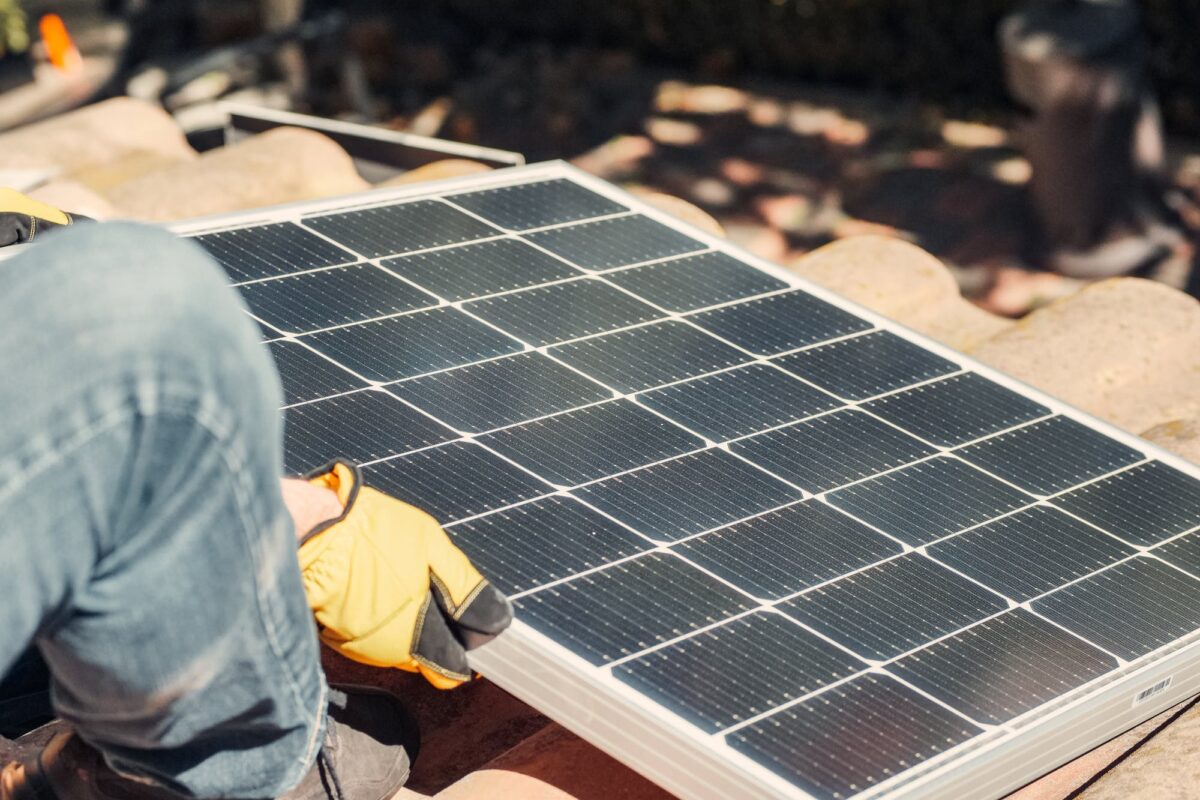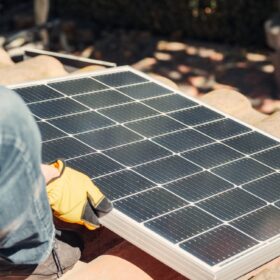Nearly 90% of renewable developers surveyed by LevelTen said that interconnection timelines and costs represented the biggest barrier to achieving 40% solar by 2035, a goal of the U.S. Department of Energy. LevelTen surveyed developers that participate in its platform that helps match their projects with firms that seek to purchase renewable power.
In particular, the 13-state PJM grid region’s “interconnection bottleneck is growing to unprecedented levels,” said LevelTen in a post last November that reported the survey results. “Reports of interconnection study results coming in more than a year late are not uncommon” in PJM, the post said.
In the Midwest’s MISO and SPP grid regions, LevelTen noted unfair cost allocation for interconnection-related grid upgrades, with developers paying for more than 90% of those costs, “even though such upgrades bring system-wide benefits for ratepayers and other generators.”
A post labeled “perspectives” from the trade group Advanced Energy Economy last week joined in, saying “renewable energy projects are getting stuck” in the PJM grid region. The post was prompted by PJM’s proposal for a two-year pause in accepting new interconnection applications, and highlighted LevelTen’s survey.
While PJM’s proposal includes “much needed improvements to PJM’s processes to speed up future interconnection requests,” the AEE post says the proposal to halt new applications also “speaks to the severity of the current situation.”
Of more than 2,000 solar, wind and storage projects in PJM, one-third have been waiting for more than 500 days, the post says. That compares to the neighboring MISO grid region, which “is working to reduce its timeline for an interconnection agreement from 505 days down to 373 days.”
The 300GW of renewables and storage projects in PJM’s queue, if built, would support 1.7 million jobs, says AEE’s post. The post links to an AEE document breaking down the jobs potential for each of the 13 states in PJM.
This content is protected by copyright and may not be reused. If you want to cooperate with us and would like to reuse some of our content, please contact: editors@pv-magazine.com.








By submitting this form you agree to pv magazine using your data for the purposes of publishing your comment.
Your personal data will only be disclosed or otherwise transmitted to third parties for the purposes of spam filtering or if this is necessary for technical maintenance of the website. Any other transfer to third parties will not take place unless this is justified on the basis of applicable data protection regulations or if pv magazine is legally obliged to do so.
You may revoke this consent at any time with effect for the future, in which case your personal data will be deleted immediately. Otherwise, your data will be deleted if pv magazine has processed your request or the purpose of data storage is fulfilled.
Further information on data privacy can be found in our Data Protection Policy.